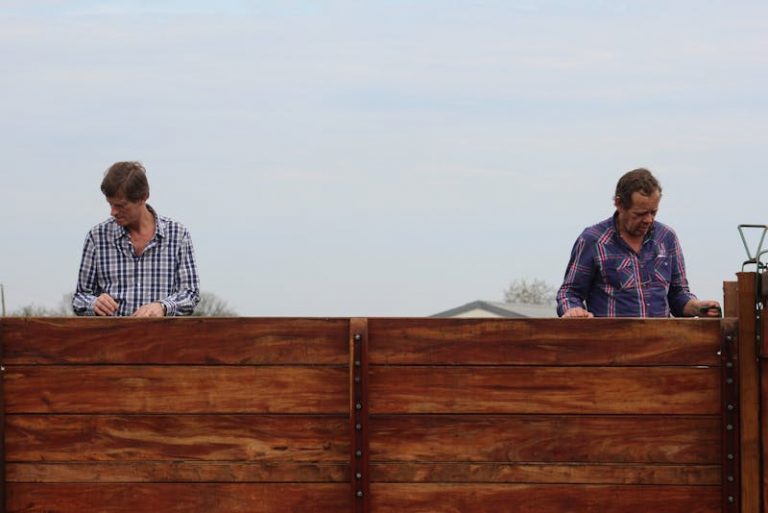
How often do you come across ground wells in the city? Hardly ever. That’s because these are more common in the country or rural areas. One of the primary concerns for those using ground wells is, ‘How often should I test my well water?’ Regular well maintenance is essential to keep the water free from contamination. In times of water shortage, if you wonder, ‘Can you add water to a well?’ it isn’t recommended. It might contaminate your supply and won’t make any difference in alleviating your water shortage problems.
Water wells have several benefits, like an almost endless water supply, a cost-effective way to deliver water to your home, and a long life span. However, as a water well ages, it might result in a reduced yield and require well rehabilitation. If natural contaminants or other human activities contaminate your well water, you must look into water restoration techniques. You’d want to hold off using the water for drinking or domestic purposes until it’s restored and suitable for use.

Over 15 million U.S. households regularly depend on private ground water wells for their homes. Well digging is an important business for those families, and well drilling services are all across the nation ready to help them. Those wells are typically equipped with water tanks that store fresh ground water and allow for filtration and purification. Generally, there is water well sealing to prevent any toxins or other substances from getting into the water supply, too.
But what happens when the sealing fails, or the water get’s contaminated?
One of the biggest contaminants is sulfur. If your water smells, it’s probably sulfur which can also corrode your plumbing and should be purified. It absorbed from up out of the ground and brought into the pipes and the water tanks, and can lead to things like diarrhea and other symptoms.
Well, how do you purify a sulfur contamination? Generally, the best well digging services can help you with that, they’ll come over and reseal the wells or find out how the contamination started, and treat the problem. If that doesn’t work out, there are other ways that can be done to treat the water supply itself.

Special tanks can inject small doses of chlorine into the water tanks to purify it of the sulfur, ridding it of the bad smell and the potential risks. These tanks have a special filter that kicks in after a few minutes have passed from the initial chlorine injection and remove any lingering traces of the sulfur, and the chlorine itself.
The result of this double system is clean, non-tainted, pure smelling and tasting, freshwater. Not only does this method remove the initial issue of the smelling water, but it can also be relatively low maintenance. The system just requires you to replace the filter every few years, and add more chlorine once every few months.

Having a professional come in and examine the well is still recommended, however, as fixing the problem at its source can be a larger upfront investment, but a better long term choice.
If you have any questions about well water and well water purification, reach out to your local well digging services. If you have a suggestion about how to deal with sulfur contamination, leave a comment below!






